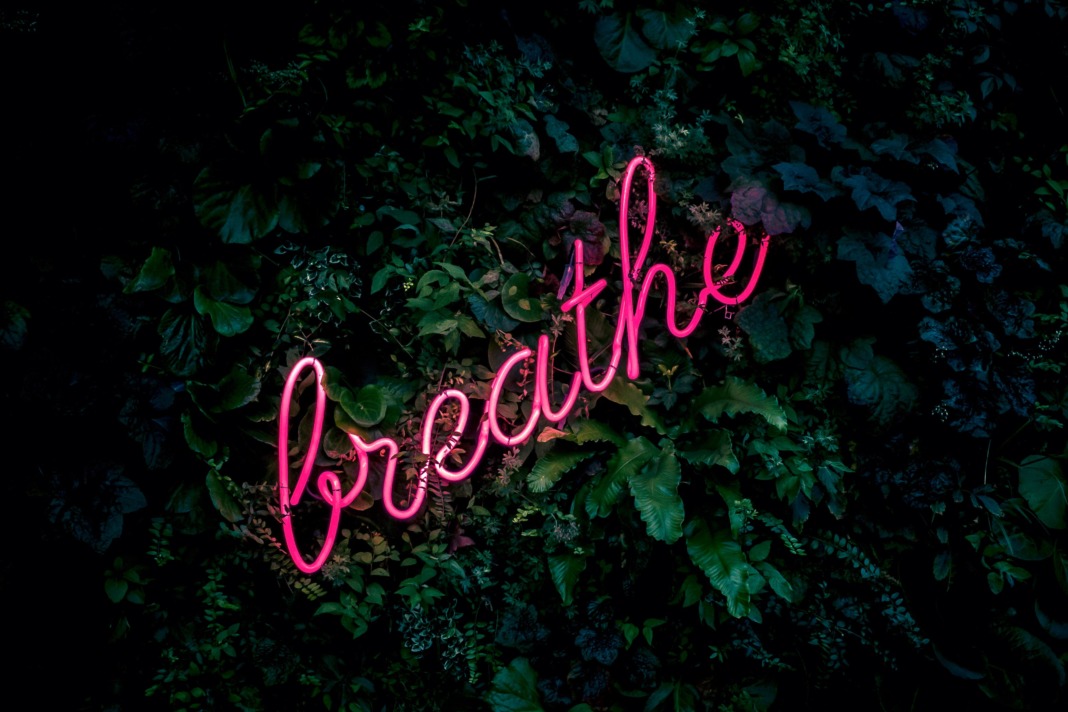
One of the first pieces of advice we often give and/or are given to cope with stressful situations is “you should find the time to meditate.” No matter what the circumstance, there’s always a sense that those few precious moments of meditation will eventually foster a sense of calm and relaxation. Afterward, we’ll be able to handle whatever’s on our plate.
But has anyone really stopped to ask what it is about meditation that tends to make us feel so relaxed in the first place? I’d say that understanding the connection between quality meditation and relaxation can help us understand the best situations to put it to good use. Because each of us has different goals when we meditate, no doubt the reasons it works for each of us will probably vary.
Here’s why meditation is such a great source of relaxation.
Meditation and the Brain
There’s scientific evidence that meditation has a profound effect on the brain; it may even influence the development of gray matter. But the impact didn’t stop there. Studies also suggest that specific meditation techniques can decrease the brain cell volume of the amygdala. In other words, regular meditation directly treats the part of the brain responsible for our fear, anxiety, and stress. Is it any wonder that frequently meditating brings a sense of calm?
Meditation is soothing to your entire being, but now we know that relaxation definitely begins with the brain and works its way out from there.
It Might Be a Natural Sleep Aid
It’s not a coincidence if you feel like meditation works as a sort of natural sleep aid. In a Harvard study, volunteers found mindfulness meditation helped them to cope with sleep-related issues such as insomnia. Meditation focuses on the breath, bringing the mind to the present. Meanwhile, it doesn’t allow your mind to linger on negative thoughts connected to the past or worry about the future. Your mind and body can relax, freeing you to get a good night’s rest.
No Stress, No Mess

The science and the experience of quality meditation all seem to come back to a few key benefits:
- It’s a chance to de-stress.
- The mind is not concerned with worries of the past or fears related to the future.
- It physically impacts the part of the brain that’s linked to negative emotions.
Through meditation, we give our brains a sort of “time-out” from negative thoughts and feelings, or any effortful stimulation. If you’re overworked and prone to repeatedly bombarding yourself with worries and self-criticisms, then stressors are bound to build up over time.
By hitting a mental off button, we’re able to relax and, little by little, reclaim our mental space.
How to Get the Most Out of Meditation for Relaxation Purposes
Try to set aside at least 20 minutes each day for mindful meditation. To some that might seem like not nearly enough. If you’re especially busy, it might seem like way too much time to sit still. If 20 minutes is too much, start with 5, 10 or 15 minutes of meditation. Some examples of meditation that you can do right now are following your breath in and out or repeating a mantra in the back of your mind like a broken record. One mantra that I like to use is “a-ham,” which means “I am” in Sanskrit. As you inhale, repeat “I” to yourself, and as you exhale, repeat the word “ham.” Afterwards, take some time to process your experience. Ask yourself, how that made you feel? What were the challenges? What made sense to you? What were the benefits of the meditation practice? There are so many benefits and I hope you unlock more of it throughout this process.
Thank you for tuning in. Leave a comment below and let us know what you think!
Thank you for visiting today! If you found this encouraging or informative, please connect with us on Instagram or TikTok. Sign up for our monthly newsletter for updates and more. We promise we won't spam you! Feel free to unsubscribe anytime. If you're a brand and want to work with us, please visit this page to get in touch.


